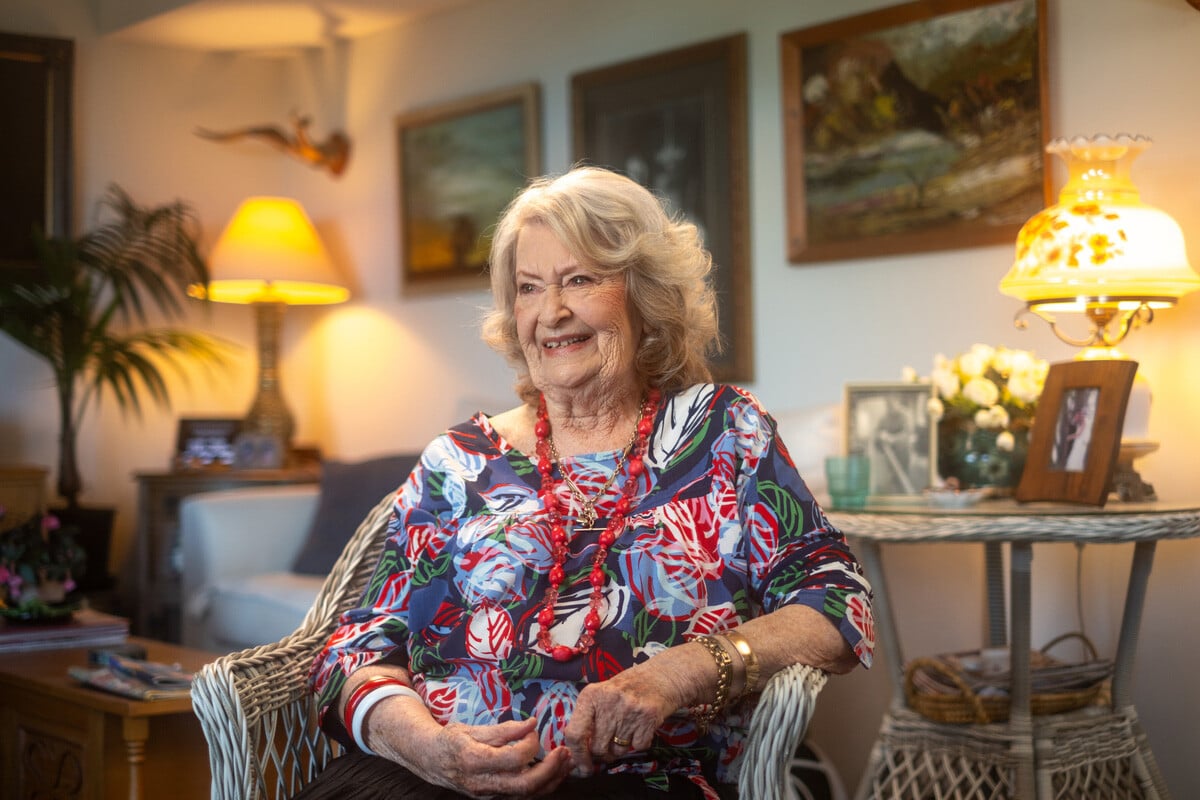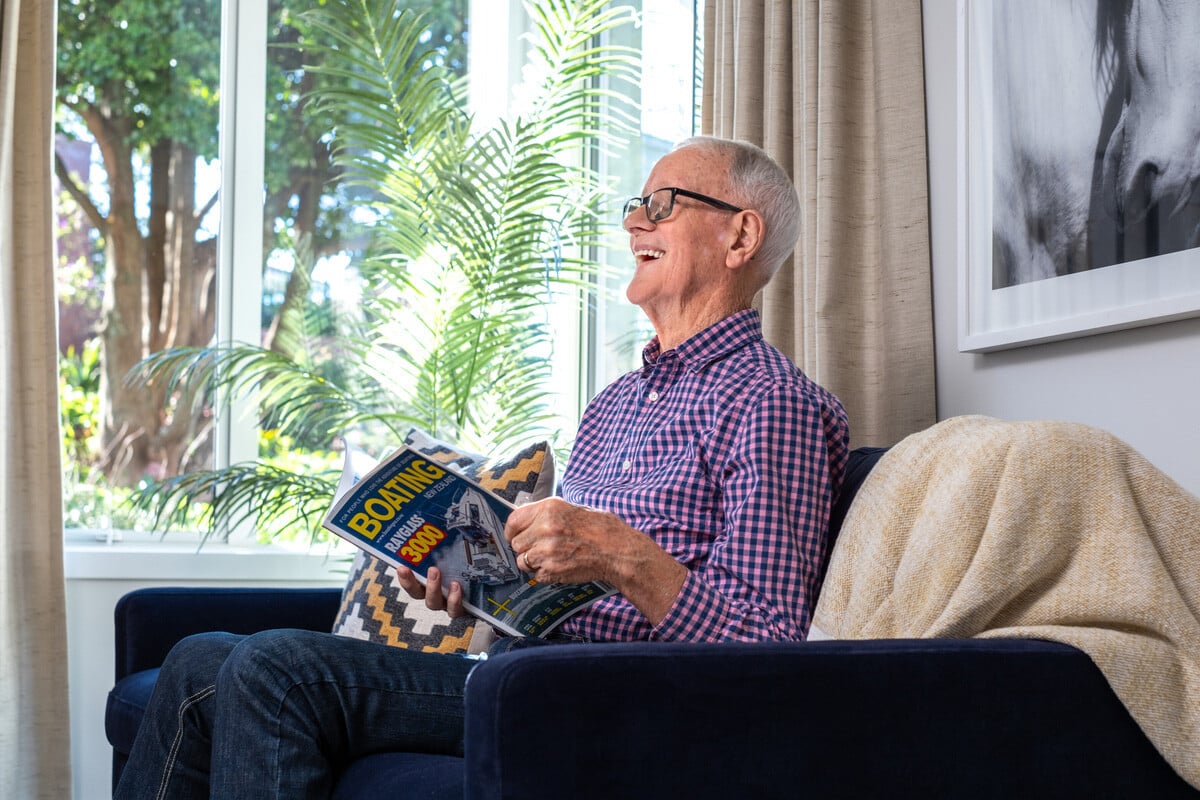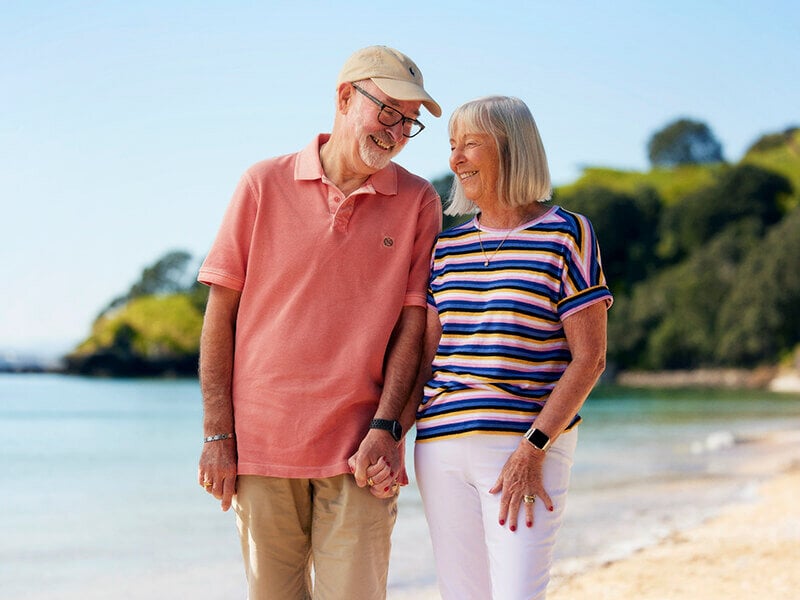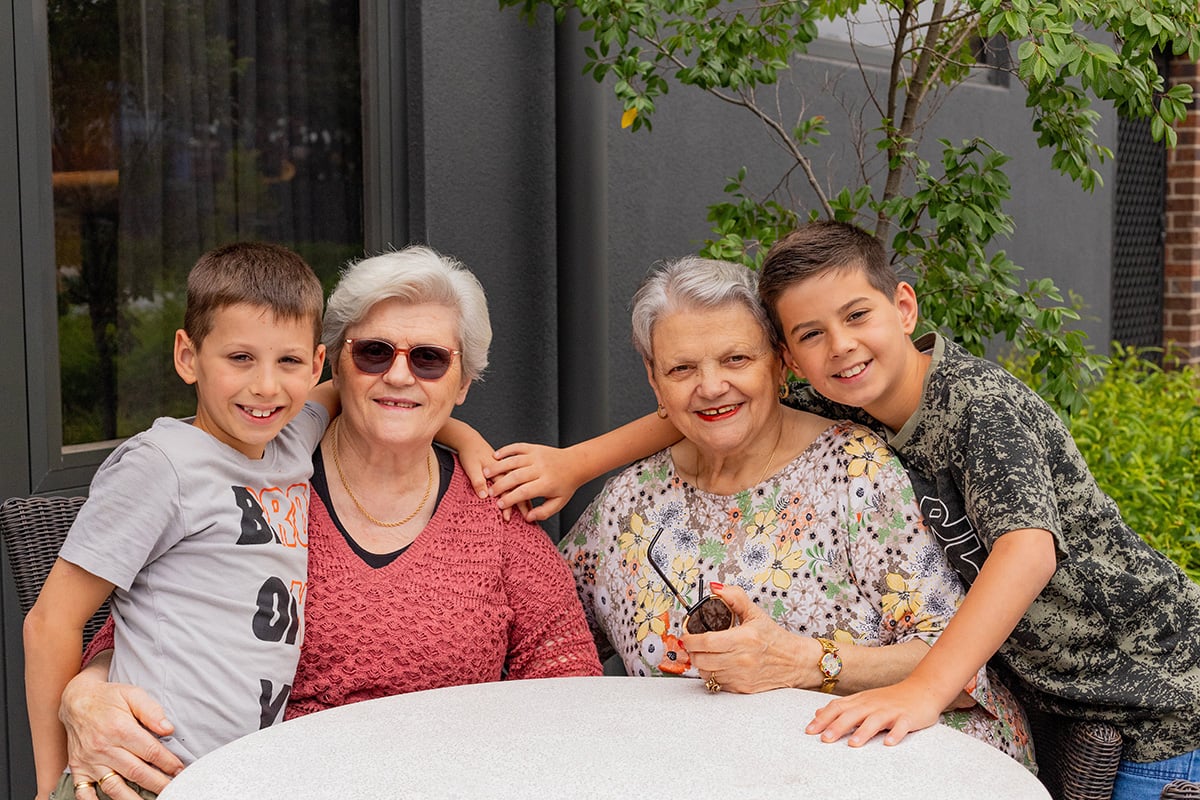How to promote independence: a guide for families
How to promote independence: a guide for families

Encouraging independence in elderly Aussies is important for physical and cognitive health.
In this article, we’ll provide valuable information about what independence in elderly people looks like, why it is so important and the ways we can promote independence in home and care settings.
Understanding elderly independence
Independence for older Australians means having the ability to make decisions and perform daily activities without relying heavily on others. This includes managing personal care, maintaining their home, handling finances, and making choices about their lifestyle and health.
Independence in elderly people also involves staying socially active and connected with their community.
Why is it important to promote independence in the elderly
Encouraging independence in older adults is crucial because it directly impacts their self-esteem and confidence.
Research published in The Gerontologist in February 2024 indicated that older adults who maintain a level of independence have lower rates of depression and anxiety. The study showed that independence in elderly people is also “an important contributor to effective self-management of health conditions reducing demand on health and care services whilst empowering the individual to have agency in their care” (Abdi et al., 2019).

Independence was associated with a greater sense of purpose and life satisfaction, which are key factors in mental well-being. When they can manage their daily activities and make decisions about their lives, they feel a sense of accomplishment and control, which boosts their self-worth. This empowerment is key to maintaining their mental and emotional health, reducing the risk of depression and anxiety that often arise from feelings of helplessness or dependency.
Independence also encourages active participation in the community, allowing older adults to stay socially connected and engaged. This involvement combats the risks associated with social isolation, such as memory loss and decreased mobility. By staying active and connected, older adults can maintain better cognitive function and physical health, leading to a more fulfilling and vibrant life as they age.
Strategies at home
Some helpful strategies to maintain help promote independence in the elderly include:
- Home modifications: Install grab bars and improve lighting to enhance safety and accessibility.
- Assistive devices: Use walkers or smart home devices to support mobility and living. The Australian Government can assist with certain home devices through My Aged Care.
- Regular physical activity: Encourage daily exercises like walking or yoga to maintain strength and balance.
- Balanced diet: Ensure a diet rich in fruits, vegetables, and lean proteins for overall health.
- Social activities: Promote participation in community groups or regular visits with family and friends to stay socially engaged.
Encouraging independence in care settings
Ryman villages encourage independence by offering assisted-living options that provide support while respecting individual preferences and choices.
Ryman involves residents in decision-making processes, ensuring their voices are heard and valued in their care plans.
Caregivers are trained to promote independence by encouraging residents to do as much as they can for themselves, fostering a culture of autonomy.
Three factors affecting elderly independence
Three factors impacting the loss of independence in older adults are physical health, social support, and cognitive health.
- Physical health and mobility: Declining mobility can hinder daily activities. Ryman villages offer exercise programs and accessible environments to maintain and improve mobility, promoting independence.
- Social support and community engagement: Isolation can reduce independence. Ryman villages create a strong community through social events and activities, keeping residents engaged and emotionally supported.
- Mental and cognitive health: Cognitive decline affects decision-making. Ryman villages provide mental stimulation and specialised care to help maintain cognitive function and support continued independence.
Learn more about how Ryman Healthcare promotes independence for its residents
Contact us today on 1800 314 425 to learn more about life at Ryman or access information about our independent living options.
by Ryman Healthcare | Sep 16, 2024
Subscribe to our blog newsletter
You May Also Like
These Related Stories

Tales from the trail

Ryman wins four Eldercare Innovation Awards





